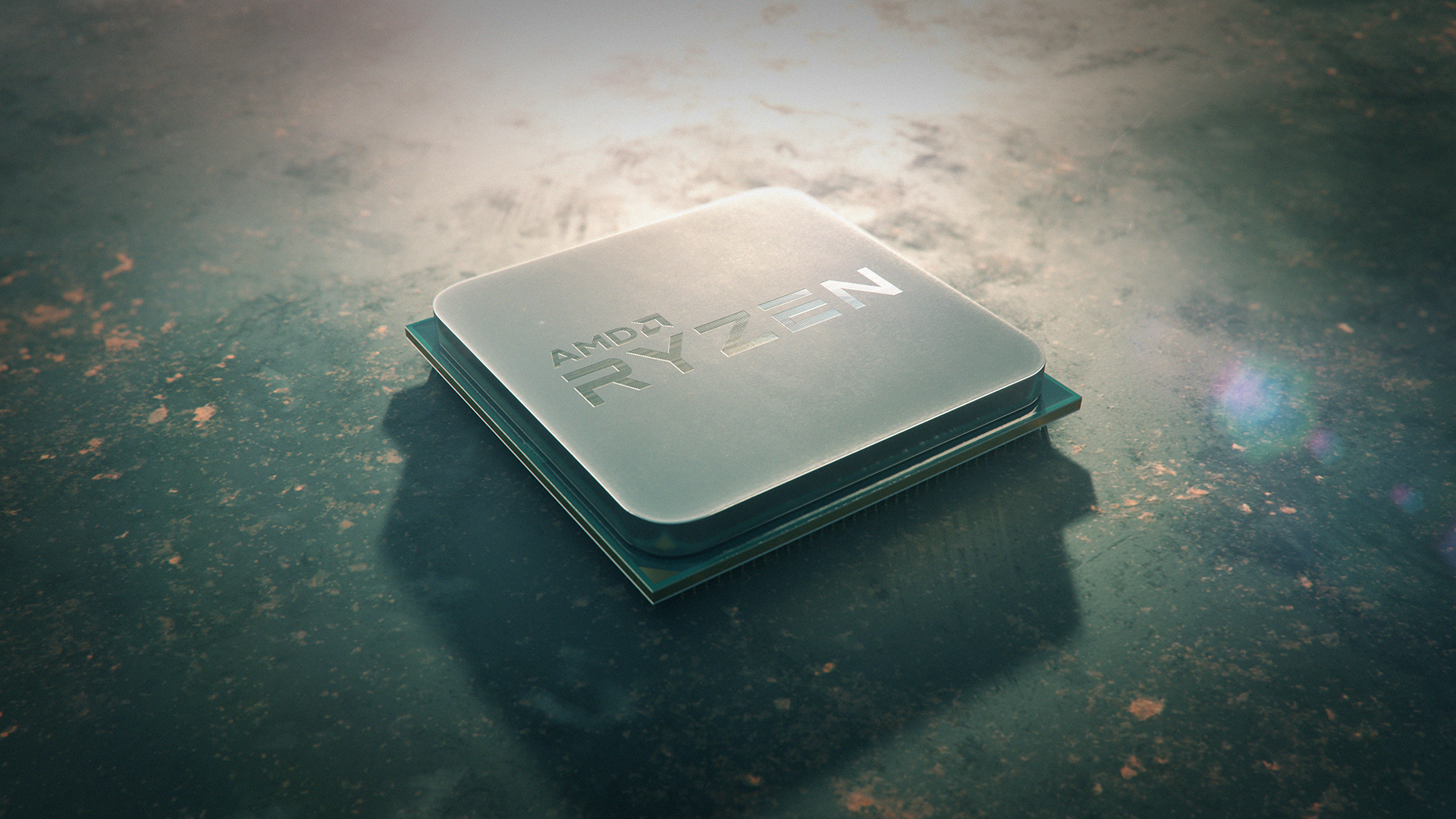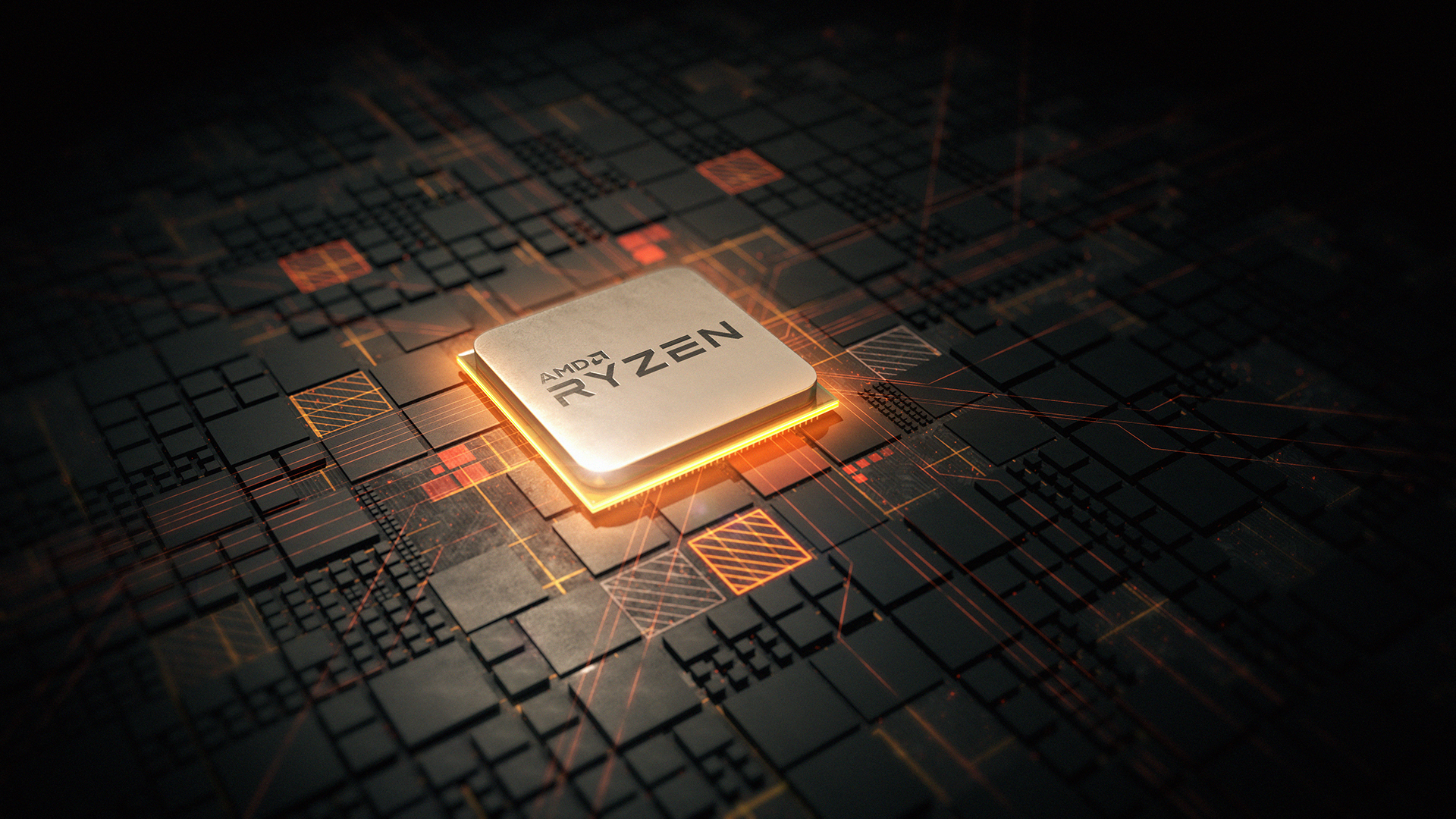
AMD is already working on Zen 7 processors, which will be two generations after next-gen Zen 5 CPUs.
It’s pretty eye-opening to hear that development is already underway for a processor family three whole generations into the future, but of course, this is just the very initial stages of design for Zen 7, no doubt. (Sketched on paper napkins, possibly).
This revelation came from AMD’s CTO Mark Papermaster, at Team Red’s Zen 5 Tech Day (as VideoCardz highlighted), where the exec also publicly confirmed that Zen 6 will be the successor generation to Ryzen 9000 (Zen 5) for the first time.
Sadly, what we didn’t get is any indication of a timeframe – even a vague one – for the arrival of Zen 6 processors (and obviously nothing on Zen 7 yet, either, as that is still a long, long way off).
Naturally, the Zen 5 Tech Day was mostly about, er, Zen 5, and we learned some interesting new nuggets of info on the Ryzen 9000 CPUs which are about to debut (with four initial models). That includes confirmation of the release date as July 31, a nifty new overclocking feature for Zen 5, and perhaps most notable of all, fresh details on how the Ryzen 9700X is likely to perform – with positive news on that front for the workhorse CPU.

Analysis: CPUs that’ll be powering PCs at the close of the decade
Going by AMD’s typical release cadence, the Zen 6 processors that follow Ryzen 9000 will likely turn up in the middle of 2026, or just before – maybe late Q2 – and so Zen 7 might arrive early Q2 in 2028. That’s just logical guesswork, of course, but it likely won’t be too far off.
So, to put this in perspective, AMD has already begun work on the Ryzen processors that’ll be the mainstays of your average desktop PC at the turn of the decade (just before Zen 8 arrives, in theory).
Another pertinent piece of info to crop up here concerns chipset support, specifically how long the current AM5 chipset will be kept alive by AMD.
Team Red confirmed that it’ll be supported until at least 2027, or beyond, meaning that if you buy a new AMD (AM5) motherboard now, it’ll be good not just for Ryzen 7000 and 9000 CPUs, but it’ll also be compatible with the following generation, Zen 6 – but maybe not Zen 7. With Zen 7, AMD may change the CPU socket, meaning you’ll need to buy a new motherboard (featuring that tweaked socket) to use one of the Zen 7 family’s speedy new processors.







